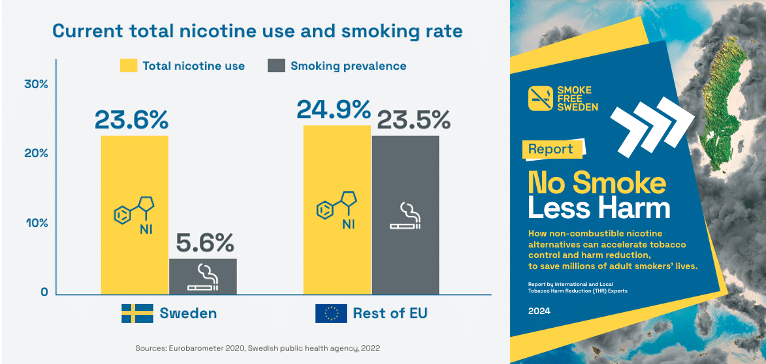
Study linking snus to cancer questioned: bias and flaws exposed
Knut Peder Heen, a researcher at Molde University College, critiques a Norwegian study in a Romsdals Budstikke op-ed, disputing its claim of a strong link between snus (smokeless tobacco) use and cancer. He labels the study as deeply flawed and warns of ‘politicians in lab coats.’
This controversial study is a systematic review conducted by the Public Health Institute, the Cancer Registry, and STAMI (National Institute of Occupational Health). It involved scrutinizing and compiling existing research on the subject. Among its findings is the assertion that regular snus users may have a doubled risk of developing pancreatic cancer.
However, Knut Peder Heen, an Associate Professor of Economics at Molde University College, argues that the study is politically motivated, both in its methodology and in the selection of data.
Upon reviewing the study and related scientific literature, Heen has dismissed its conclusions as scientifically ‘worthless.’ He criticizes the approach used in snus research, labeling it as inherently flawed and biased towards preconceived notions against snus usage.
He points out a methodological flaw: the study tests the link between snus use and 15 to 20 different types of cancer. This approach, he argues, heightens the likelihood of false positive results. Heen references the work of Stanford Professor John Ioannidis, a notable critic of such methods, whose insights are notably absent from the snus research. Heen finds it contradictory that the study suggests snus users are at a lower risk of oral cavity cancer but a higher risk of rectal cancer, despite snus being used orally.
Heen also accuses the study’s authors of cherry-picking data, noting their disregard for newer studies that show no link between snus use and pancreatic cancer, in favor of older, less robust research.
In stark contrast to these findings, Heen references extensive and reliable studies conducted by Marzieh Araghi from 2017 to 2021, which predominantly found no correlation between snus use and cancer. Heen questions the study’s impartiality and reiterates his warning about ‘politicians in lab coats,’ suggesting that scientific integrity can be easily compromised by political, bureaucratic, or activist agendas.
Patrik Strömer, Secretary-General of the Swedish Snus Manufacturers Association, agrees with Knut Peder Heen’s view on the shortcomings in nicotine research:
“Why is it that Sweden, the only EU country that allows snus, also has the lowest proportion of smokers? Why does Sweden have an average nicotine usage, yet only half the risk of lung cancer in men compared to other EU countries? When there is no research, the simple political method is to ignore these contradictions,” he says.




